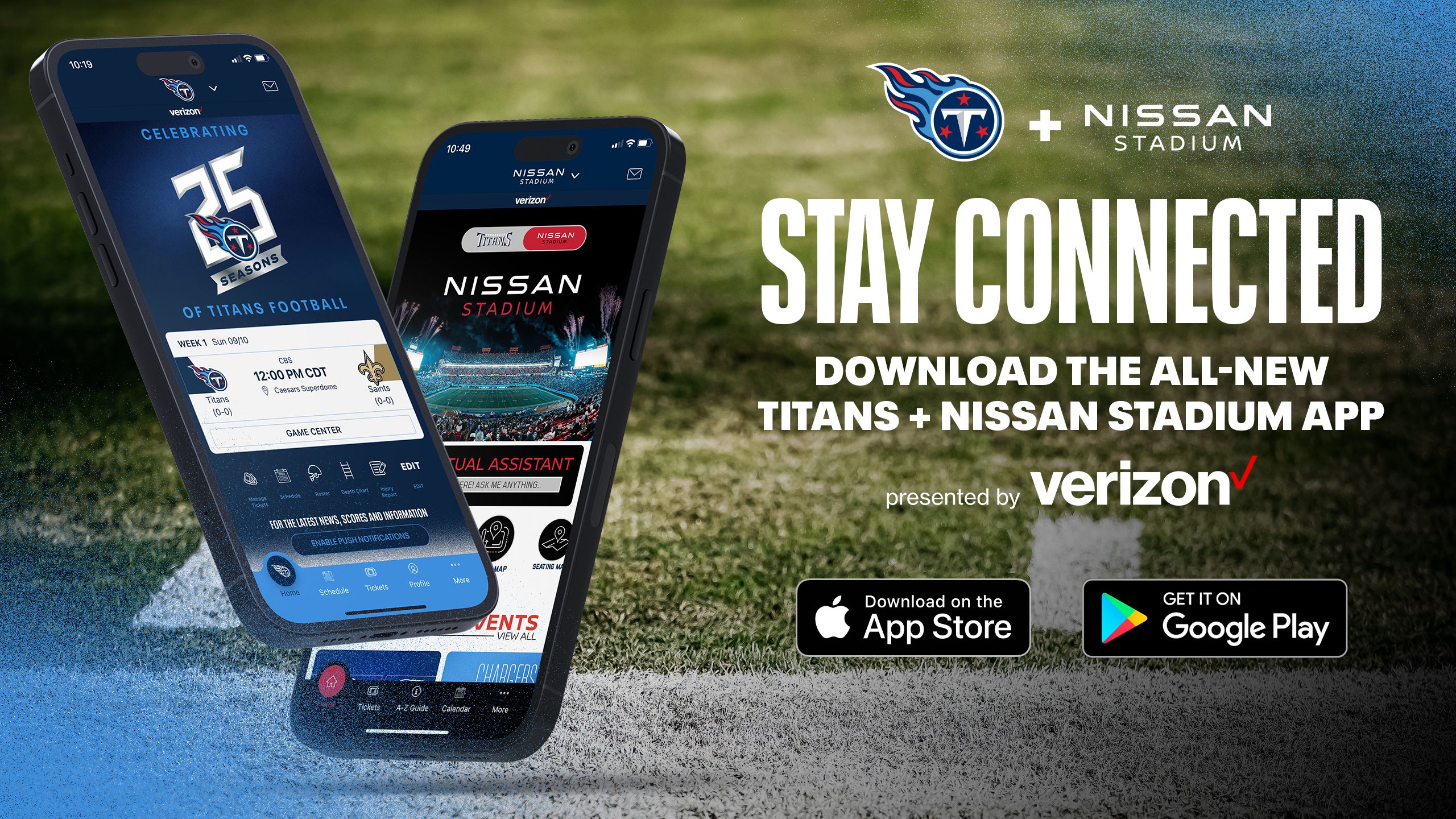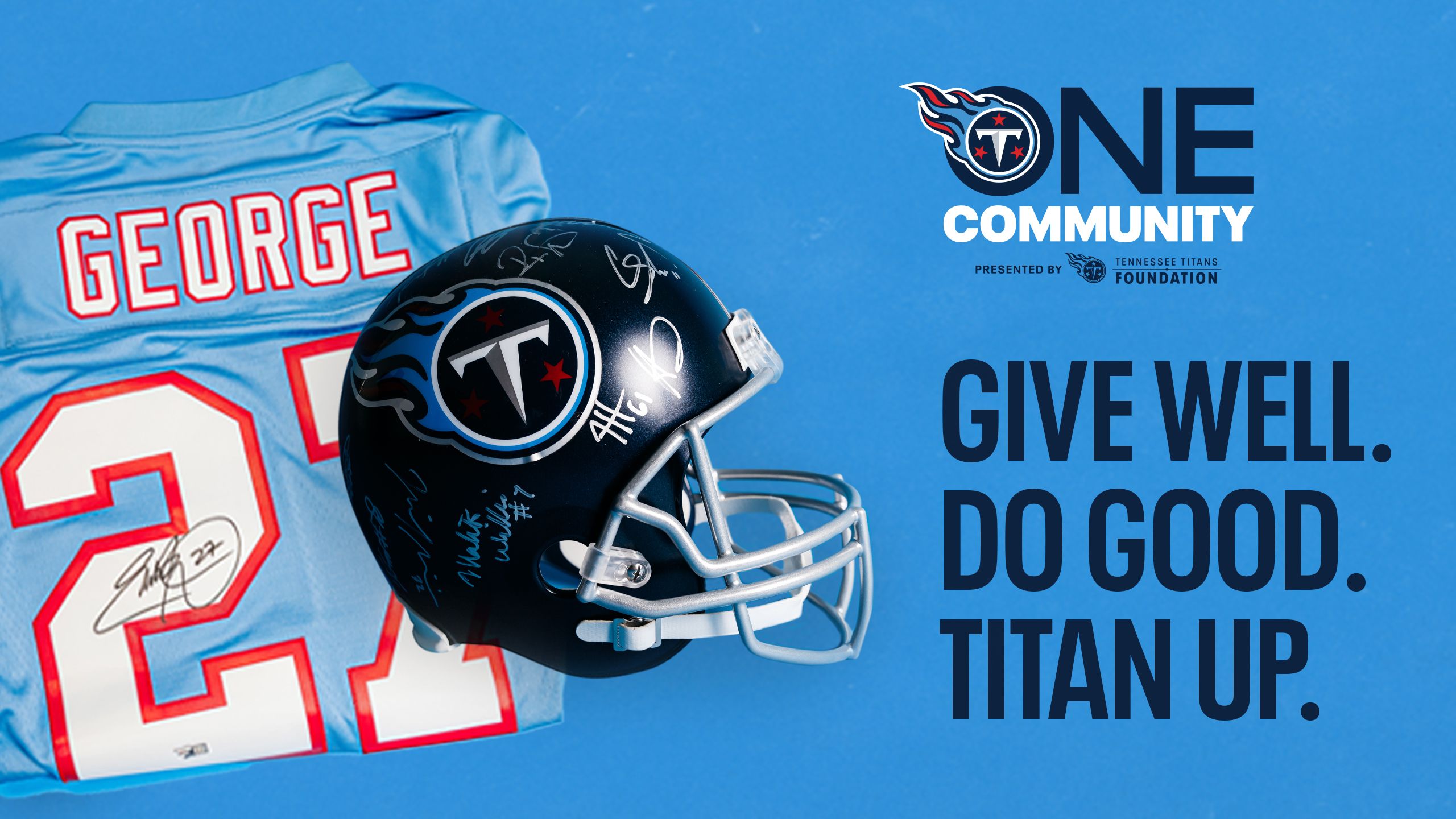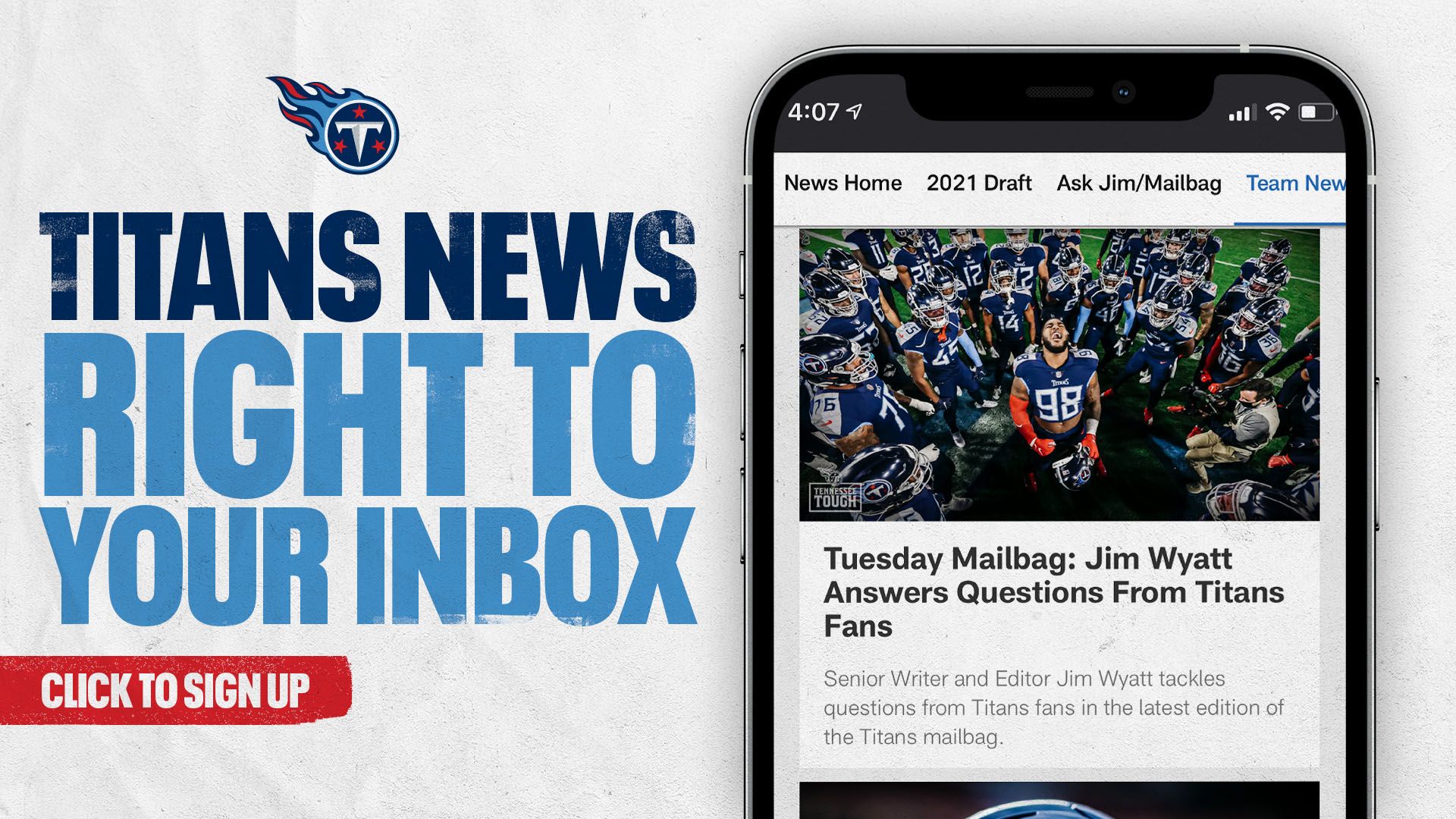NASHVILLE, Tenn. — Kendall Wright's NFL career is likely to be determined by athletic ability, aptitude and attitude.
Wright's college stats and game films from Baylor introduced his abilities to scouts who slotted him as first-round talent. He's demonstrated to Titans coaches that he could learn the offensive system quickly, and he's approached the best level of football in the world with an emphasis on making the team instead of a name for himself.
The 20th overall pick of the 2012 NFL Draft quickly said he didn't care what role coaches had in mind — starter, reserve or special teams — as long as he won a roster spot. His low-key and unassuming approach that doesn't always accompany players of such unique athletic abilities has positioned Wright to begin writing his career.
His story already has been defined by what he's not.
Shortly into voluntary organized team activity practices, offensive coordinator Chris Palmer was asked to critique Wright. Palmer said Wright is talented and enjoyable to be around, then made a distinction that sets Wright apart.
"He's not a diva," Palmer said. "He's not your typical wide receiver. He's a football player."
Asked to further explain, Palmer said, "The diva is a guy that picks and chooses when he's going to play hard. I think Kendall is one of those guys who just loves the competition. He's different. He's a basketball player that's a football player that was a former quarterback. He's got stardom written all over him."
Wright led the Titans this preseason with nine catches for 116 yards that included a 10-yard TD pass from Jake Locker, and the rookie will play his first regular season game Sunday when Tennessee hosts New England at LP Field.
"I'm very excited for the opportunity," Wright said. "It will be exciting come game day, and we have a lot of weapons on offense, so everybody will get targeted a lot."
Wright shattered Baylor receiving records, joining with Heisman Trophy winner Robert Griffin III to raise a program that struggled greatly in the four seasons prior to their arrival to a 10-3 mark and national prominence in their senior season. Wright capped his college career with 302 catches for 4,004 yards and 30 receiving touchdowns. He had 108 receptions for 1,663 yards and 14 TD catches during his senior season.
It would be easy to become a diva, but he didn't.
Why?
Rural roots in northeast Texas may have something to do with it. Wright grew up in Pittsburg, which is about a half-hour closer to Texarkana than Dallas, but more than an hour from either.
"It's a small town. Everybody knows each other and everybody loves their sports," said Wright, who first loved basketball, but learned he could also have success on the football field and in track and field events.
"I didn't like football for a long time. I always thought I was going to play basketball. Football just kind of came to me," he added. "I was good through pee wee, high school and didn't think I had a chance of going to the NFL until my sophomore of college at the end of it. RG3 got hurt, and I was still doing some good things, but I had no idea I would play in the NFL."
Wright played quarterback all four years in high school so coaches could guarantee he would get the ball in his hands. He didn't want to do that in college. Baylor went 15-31 in football from 2004-07, but the school offered Wright the chance to play receiver, basketball and another unique opportunity.
"I didn't want to go to a school that was already good," Wright said. "I wanted to help change a program. That's one of the reasons I chose Baylor."
Professional basketball has had few 5-foot-10-inch players, even if they can dunk, so Wright strengthened his commitment to football. There is still considerable overlap with players who simultaneously excel in football and track, but the NFL has a recent trend of finding success in players with basketball backgrounds (like New Orleans tight end Jimmy Graham).
Titans coach Dave Ragone said skills and movements used in basketball help players — especially receivers — make quicker cuts.
"He's got a natural ability to play with great body lean, which means he doesn't play high when he's running," Ragone said, "He's got a lot of basketball in him, which allows him to plant his foot in the ground and change direction."
Ragone added that Wright "doesn't let things bother him. He's very coachable. He's one of those guys that goes out there and he wants to absorb as much as possible, but he doesn't over-think it, so I think that's a good thing, especially for a young guy in this league."
With the extra focus on football, skills improved, stats surged and wins followed. Most of the media coverage of Baylor's emergence centered on Griffin, which was fine by Wright, who has adjusted to increased media attention that documents a first-rounder's first year.
"I'm getting a lot of attention that I'm not used to," Wright said. "I don't really like attention like that. I never really got it because of Robert Griffin. I never really wanted it. I'm not that type of guy who loves attention. I like to stay on the low and would rather not do interviews and those kinds of things."
Wright hasn't been enticed by the forms of social media that have drawn in teammates and others in his generation wonder how anyone lived without.
"There's some fake Twitters of me, but it's not me," Wright said. "I just don't really do social media. If I ever get one, I won't get on it. I feel like that's like a double life. There's nobody begging me to get a Twitter or things like that."
Wright instead prefers direct person-to-person interaction. When he had more free time, one of his favorite pastimes was the peace and quiet he enjoyed while bass fishing.
"I caught some big ones," Wright said. "A couple of them almost pulled me in the water (laughing), you know, I'm not that big of a guy."
Wright has pretty much been all-football all the time since joining the Titans. He's accepted the increased exposure as part of the profession and has not been overwhelmed off the field or on it. Baylor didn't use a playbook, but that hasn't halted Wright's progression.
"I've never heard of someone not having a playbook, but he's a great learner in the classroom," Ragone said. "He's also as good or better, that once he does it, he has it. Visually, to be able to feel it, but also see it on a piece of paper, it's kind of been seamless in terms of his transition to be able to do that."
Wright hasn't been afraid to ask questions of Titans coaches and teammates. He's turned to veteran Nate Washington, who led the Titans in receiving in 2011, most frequently. Washington said Wright's humbleness has been the biggest surprise.
"If you're getting drafted in the first round, of course you have ability, Washington said. "He's understanding that he's not coming in above anybody, but he's not putting himself behind anybody either. He wants to work, he wants to learn just as everybody else does. He's working just as hard to get better. He's doing what the coaches have asked of him, and that's a good thing. We really appreciate how he's acted, his humbleness, his attitude toward the game right now."
Titans coach Mike Munchak, a Hall of Fame player who was a first-round selection of the Houston Oilers in 1982, said Wright passed early eyeball tests. "Sometimes you realize a guy has that," Munchak said. "He's ready for that. I think we saw a lot of that in what we saw in the time he was here in the summer. It's like when (tackle) Michael Roos came in, there wasn't much mystery that he was going to help us right away. When certain guys come in, you go, 'Oh, he's ready to play.' "


















